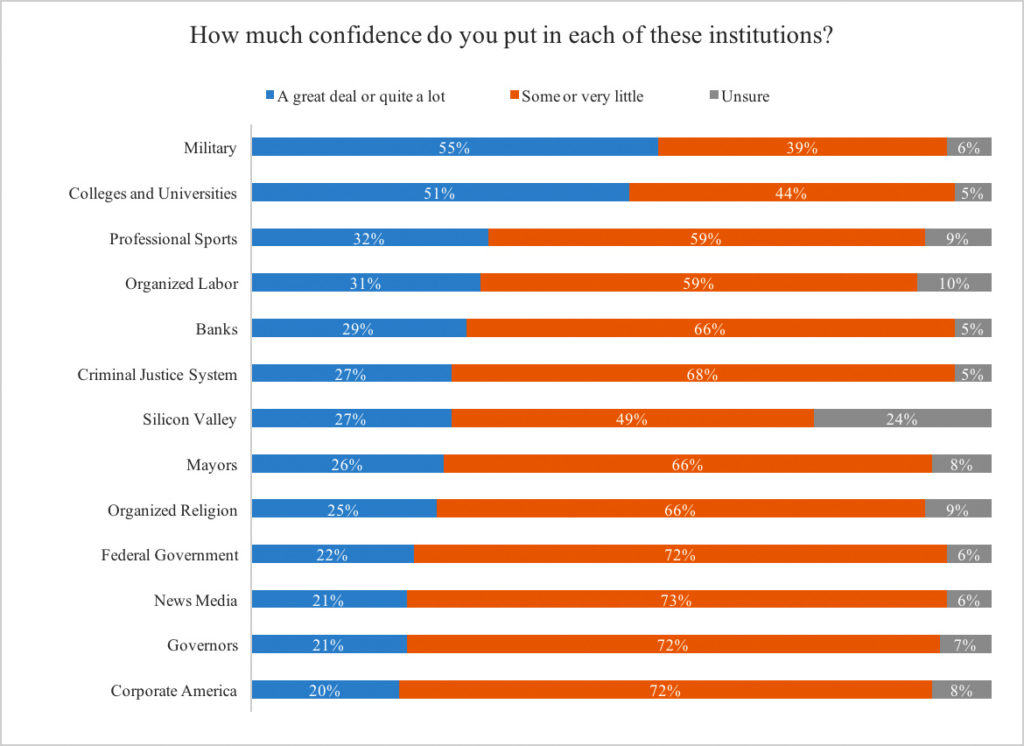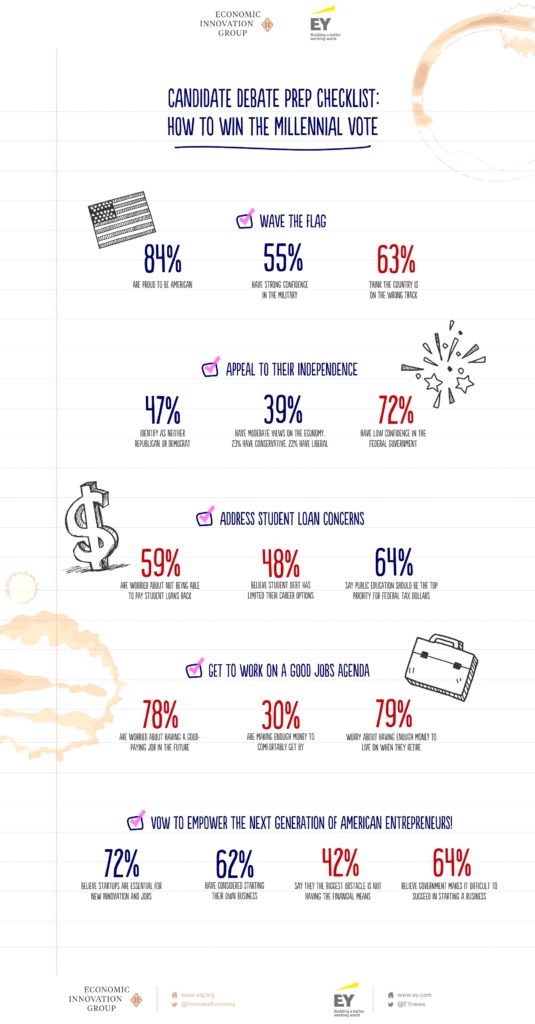“Nobody will ever deprive the American people of the right to vote except the American people themselves and the only way they could do this is by not voting” – Franklin D. Roosevelt
If you read the Wrongologist, the chances are excellent that you will be voting, or, have already voted in the local, state and presidential elections that will culminate with some kind of decision next Tuesday.
However, you have an additional job this weekend, and that is to reach out to friends or family that may be hoping to skate by the big decision altogether. We need to help them screw up their courage for the task of voting, and to help you with shaming or compelling them to vote, here are a few electoral links for your weekend reading. Grab a hot cup of “Wake the Fuck Up” coffee and check these out:
Trump fans try to fool Clinton faithful into voting via text: The ads, in English and Spanish, encourage Clinton voters to text “Hillary” to a 5-digit number to cast their votes and avoid the long lines at the polls. Twitter user Robert McNees said he flagged the tweets. Then, he said Twitter told him the tweets didn’t violate their terms of service. They eventually took them down. Sorry folks, politics isn’t American Idol.
It’s unnecessarily hard to vote in America: US voter registration numbers are abysmal. According to Pew Research, only 71% of voting-age citizens were registered to vote in the 2012 presidential election. That’s compared to 99% in Japan, 96% in Sweden, and 91% in Canada. Why? In a Brennen Center study of democracies across the world, the US was one of only four countries that didn’t proactively solicit or initiate voter registration. We also struggle to get our voters to the polls. Again according to Pew Research, in 2012 the US ranked 31st out of the 35 developed countries in the OECD. Only 55% of eligible voters cast a vote on Election Day, compared to 87% in Belgium and 83% in Sweden.
Gaps in voter turnout are an important factor in the growing misalignment of public policy with the concerns and needs of working-class and low-income people: The linked study by Demos shows that our democracy mainly serves a single dominant class of affluent white voters, largely due to poor turnout by millions of Americans who would vote for progressive ideas.
A Guide to selfies that won’t get you arrested when you vote. Selfies taken inside the voting booth are illegal. Justin Timberlake took one that could land him behind bars. Don’t be like Justin. However, there is research that suggests people are more likely to vote if they see their friends talking about actually voting on social media. So, voting selfies may be useful on Election Day. Post a pic of you and your “I Voted” sticker after you leave the polling place.
The music video service Vevo, is encouraging its users to vote in the upcoming elections by launching an original series call “Why I Vote”, featuring pop stars talking about the reasons why they are going to the polls this year. The purpose is to galvanize first-time voters interested in shaping their own future.
Here is American Authors , two of the band members have brothers who have served time for shooting someone. They examine the circumstances and explain their opinions on the need for comprehensive gun reform:
If you read the Wrongologist in email, you can view the video here.
Or you might like this “Why I Vote” Vevo by musician/actress Becky G., who, since it is her first opportunity to vote, and given her Mexican heritage, talks about immigration:
If you read the Wrongologist in email, you can view the video here.
Voting for Democrats risks eternal damnation, says San Diego Catholic Church bulletin: An insert to San Diego CA’s Immaculate Conception Catholic Church’s weekly bulletin on Oct. 16, told parishioners that “it is a mortal sin to vote Democrat.” That’s not all. An article in the Oct. 30 bulletin compared a statement by Democratic presidential nominee Hillary Clinton to Satan. The San Diego Diocese disavowed the messages, and say they have no idea how this happened. Get James Comey on the phone!


